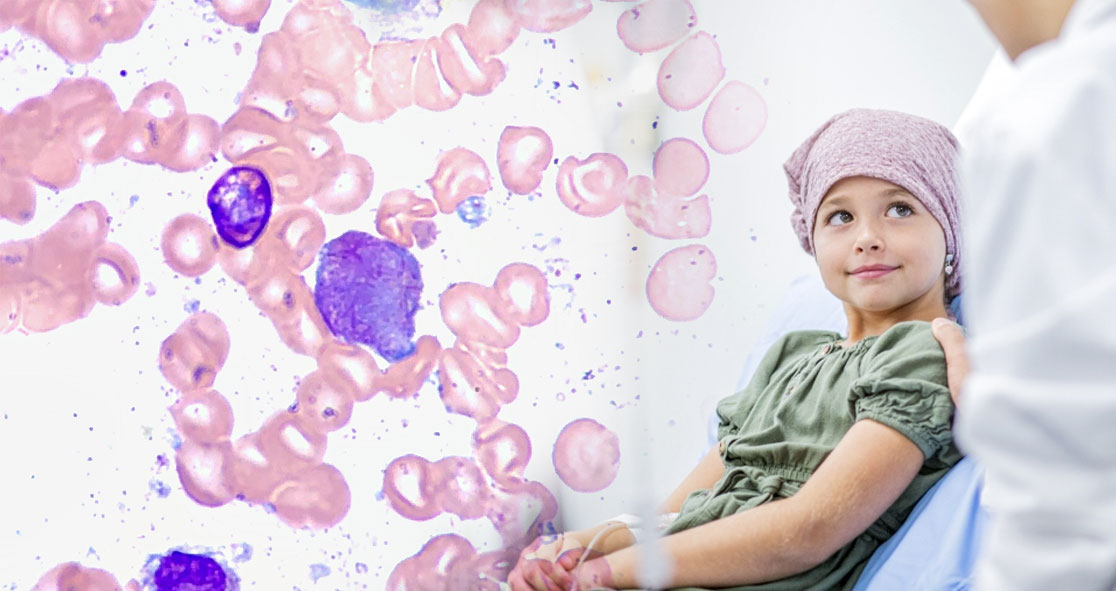A new study, published in eLife, has identified a possible new target for treating patients with juvenile myelomonocytic leukemia (JMML), according to Science Daily.
The study findings suggest that treatment with anti-inflammatory drugs could be a possible new approach to combating JMML, a highly aggressive blood cancer with poor outcomes for patients.
Children with a developmental syndrome called Noonan Syndrome (NS) are at greater risk of developing a condition similar to JMML, called myeloproliferative neoplasm. The genetic cause of JMML is a mutation in the PTPN11 gene, which encodes the protein-tyrosine phosphatase SHP2.
The study’s first author Maja Solman said, “Hematopoietic stem and progenitor cells are considered to be the cells of origin for JMML. Currently, hematopoietic stem cell transplantation is the only treatment for the disease, but it has a relapse rate of 50%.”
“With such limited treatment options for JMML, we wanted to gain a better understanding of how the disease develops to identify other possible ways of targeting it.”
Solman and the team used a novel zebrafish model with a mutation in the SHP2 gene, which is equivalent to the mutation in NS patients, which can cause JMML. They treated the zebrafish embryos with dexamethasone – one of the most common anti-inflammatory drugs.
Upon analysis, the team found that dexamethasone helped rescue JMML-like blood defects in the fish. This suggests that anti-inflammatory drugs could play a key role in treating JMML.
The study’s senior author Jeroen den Hertog, “Our work reveals striking similarities in the proinflammatory response of human and zebrafish cells containing SHP2 mutations, and shows that inhibiting this response can improve JMML-like symptoms in a zebrafish model. Together, these findings lay the groundwork for future studies to verify the effectiveness of anti-inflammatories as a potentially new treatment approach for JMML patients.”






















